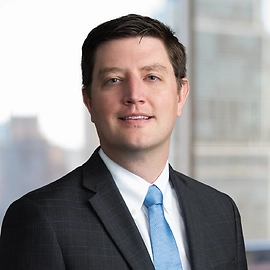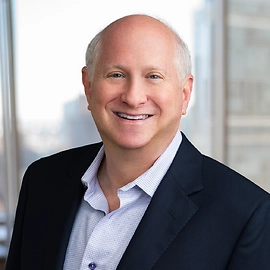In 2010, as part of the Affordable Care Act, Congress resolved a highly litigated issue about whether a violation of the Anti-Kickback Statute (AKS) can serve as a basis for liability under the federal False Claims Act (FCA).
Specifically, Congress amended the AKS to state that a “claim that includes items or services resulting from a violation of [the AKS] constitutes a false or fraudulent claim for purposes of the [FCA].”
This amendment, however, did not end the debate over the relationship between the AKS and the FCA. Over the last several years, multiple courts have been called upon to interpret what it means for a claim to “result from” a violation of the AKS. Courts across the country are split on the correct standard. On February 18, 2025, the U.S. Court of Appeals for the First Circuit joined the Sixth and Eight Circuits in adopting a stricter “but-for” standard of causation—while the Third Circuit has previously declared that the government must merely prove a causal connection between an illegal kickback and a claim being submitted for reimbursement.
In United States v. Regeneron Pharmaceuticals, the First Circuit acknowledges that while the Supreme Court has held that a phrase like “resulting from“ imposes a requirement of actual causality (i.e., meaning that the harm would not have occurred but for the conduct), this “reading serves as a default assumption, not an immutable rule.” At the same time, the First Circuit found that nothing in the 2010 amendment contradicts the notion that “resulting from” required proof of but-for causation.
The First Circuit agreed that the criminal provisions of the AKS do not include a causation requirement but observed that different evidentiary burdens can exist for claims being brought for purposes of criminal versus civil liability. The First Circuit concluded that while the AKS may criminalize kickbacks that do not ultimately cause a referral, a different evidentiary burden can and should be applied when the FCA is triggered. As a result, the First Circuit affirmed the lower court’s decision that “to demonstrate falsity under the 2010 amendment, the government must show that an illicit kickback was the but-for cause of a submitted claim.”
Although the U.S. Supreme Court denied a petition to review this specific issue in 2023, it may once again be called upon to weigh in on this issue, as there inevitably will continue to be a division in how the courts interpret this “resulting from” language. Look for our upcoming Insight, where we explore the First Circuit’s decision in detail.
Epstein Becker Green Attorney Ann W. Parks contributed to the preparation of this post.
Blog Editors
Authors
- Board of Directors / Member of the Firm
- Member of the Firm
- Member of the Firm
- Board of Directors / Member of the Firm
- Member of the Firm




